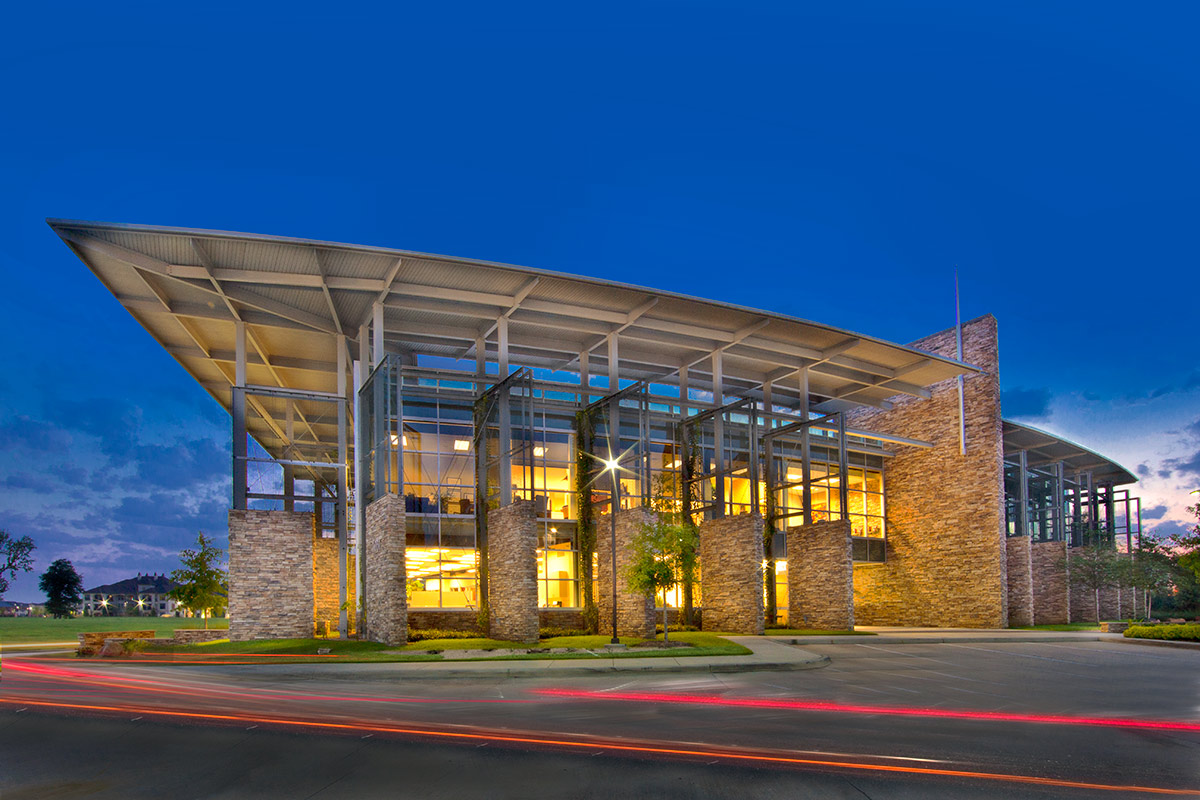Absolutely! Here’s a 3000-word article focusing on regional finance in Baton Rouge, with the requested HTML structure modifications.
Baton Rouge, the vibrant capital of Louisiana, is a hub of economic activity in the Deep South. Its regional finance landscape is a complex and dynamic system, influenced by a blend of local, state, and national factors. This article delves into the intricacies of this landscape, exploring its key players, challenges, and opportunities.

Baton Rouge’s economy is diversified, with significant contributions from the petrochemical industry, healthcare, education, and government. This diversity creates a unique financial environment, requiring a range of services from traditional banking to specialized lending.
The Role of Local Banks and Credit Unions
Local banks and credit unions play a pivotal role in Baton Rouge’s regional finance. They provide essential services to individuals and small businesses, fostering economic growth and stability.
Community Banking: A Foundation
Community banks, with their intimate knowledge of the local market, are crucial for small business lending. They understand the nuances of the Baton Rouge economy, enabling them to make informed lending decisions.
Credit Unions: Member-Focused Finance
Credit unions, with their member-owned structure, offer competitive rates and personalized services. They are particularly popular among residents seeking affordable financial solutions.
National Financial Institutions and Their Impact

National banks and financial institutions also have a significant presence in Baton Rouge, bringing a broader range of services and resources.
Large Banks: Comprehensive Services
Large national banks offer a full spectrum of financial services, including commercial lending, wealth management, and investment banking. Their presence strengthens the city’s financial infrastructure.
Investment Firms: Capital and Expertise
Investment firms provide access to capital markets, enabling businesses to raise funds for expansion and innovation. They also offer expertise in financial planning and investment management.
The Petrochemical Industry’s Influence
The petrochemical industry is a dominant force in Baton Rouge’s economy, and its financial impact is substantial.
Industry Financing: Large-Scale Projects
Petrochemical companies require significant financing for large-scale projects, including plant expansions and infrastructure development. This drives demand for specialized financial services.
Economic Fluctuations: Industry Dependence
The industry’s cyclical nature can lead to economic fluctuations, affecting the overall financial health of the region. Local financial institutions must adapt to these changes.
Small Business Finance: Challenges and Opportunities
Small businesses are the backbone of Baton Rouge’s economy, but they often face challenges in accessing financing.
Access to Capital: A Key Challenge
Many small businesses struggle to obtain loans due to stringent lending requirements and a lack of collateral.
Government Programs: Support for Growth
Government programs, such as those offered by the Small Business Administration (SBA), provide crucial support for small business financing.
Local Initiatives: Fostering Entrepreneurship
Local initiatives, including business incubators and mentorship programs, help entrepreneurs develop their businesses and access capital.
The Healthcare Sector: A Growing Financial Force
The healthcare sector is a significant and growing part of Baton Rouge’s economy, with substantial financial implications.
Healthcare Financing: Complex Needs
Healthcare providers require complex financing solutions, including funding for medical equipment, facilities, and research.
Insurance Industry: A Major Player
The insurance industry plays a vital role in healthcare financing, providing coverage for individuals and businesses.
Real Estate and Construction Finance
The real estate and construction sectors are also significant contributors to Baton Rouge’s regional finance.
Residential and Commercial Development
Residential and commercial development projects require substantial financing, driving demand for mortgage lending and construction loans.
Impact of Economic Trends
Economic trends, such as interest rates and housing market conditions, significantly impact the real estate and construction sectors.
The Role of Technology in Regional Finance
Technology is transforming the financial landscape in Baton Rouge, offering new opportunities and challenges.
FinTech Companies: Innovation and Disruption
FinTech companies are introducing innovative financial products and services, disrupting traditional banking models.
Online Lending: Expanding Access
Online lending platforms are expanding access to credit for individuals and small businesses.
Cybersecurity: A Growing Concern
The increasing reliance on technology has heightened concerns about cybersecurity and data protection.
Government and Public Finance
Government and public finance play a crucial role in Baton Rouge’s regional economy.
State and Local Budgets
State and local budgets impact the availability of public services and infrastructure development, influencing the overall financial health of the region.
Public-Private Partnerships
Public-private partnerships are increasingly used to finance major infrastructure projects, leveraging private sector investment.
Financial Literacy and Education
Financial literacy and education are essential for individuals and businesses to make informed financial decisions.
Community Programs: Promoting Financial Wellness
Community programs offer financial literacy workshops and resources to help residents manage their finances.
Educational Institutions: Preparing Future Leaders
Educational institutions play a vital role in preparing future leaders in the financial industry.
Challenges and Opportunities in the Future
Baton Rouge’s regional finance landscape faces several challenges and opportunities in the future.
Economic Diversification: Reducing Industry Dependence
Economic diversification is crucial to reduce the region’s dependence on the petrochemical industry.
Talent Development: Investing in Human Capital
Investing in talent development and education is essential to support the growth of the financial sector.
Adapting to Technological Change
Financial institutions must adapt to technological change to remain competitive and meet the evolving needs of their customers.
Promoting Inclusive Growth
Promoting inclusive growth and ensuring access to financial services for all residents is essential for the long-term prosperity of Baton Rouge.
Conclusion: A Dynamic and Evolving Landscape
Baton Rouge’s regional finance landscape is a dynamic and evolving system, shaped by a complex interplay of local, state, and national factors. By addressing the challenges and seizing the opportunities, Baton Rouge can strengthen its financial infrastructure and foster sustainable economic growth.
